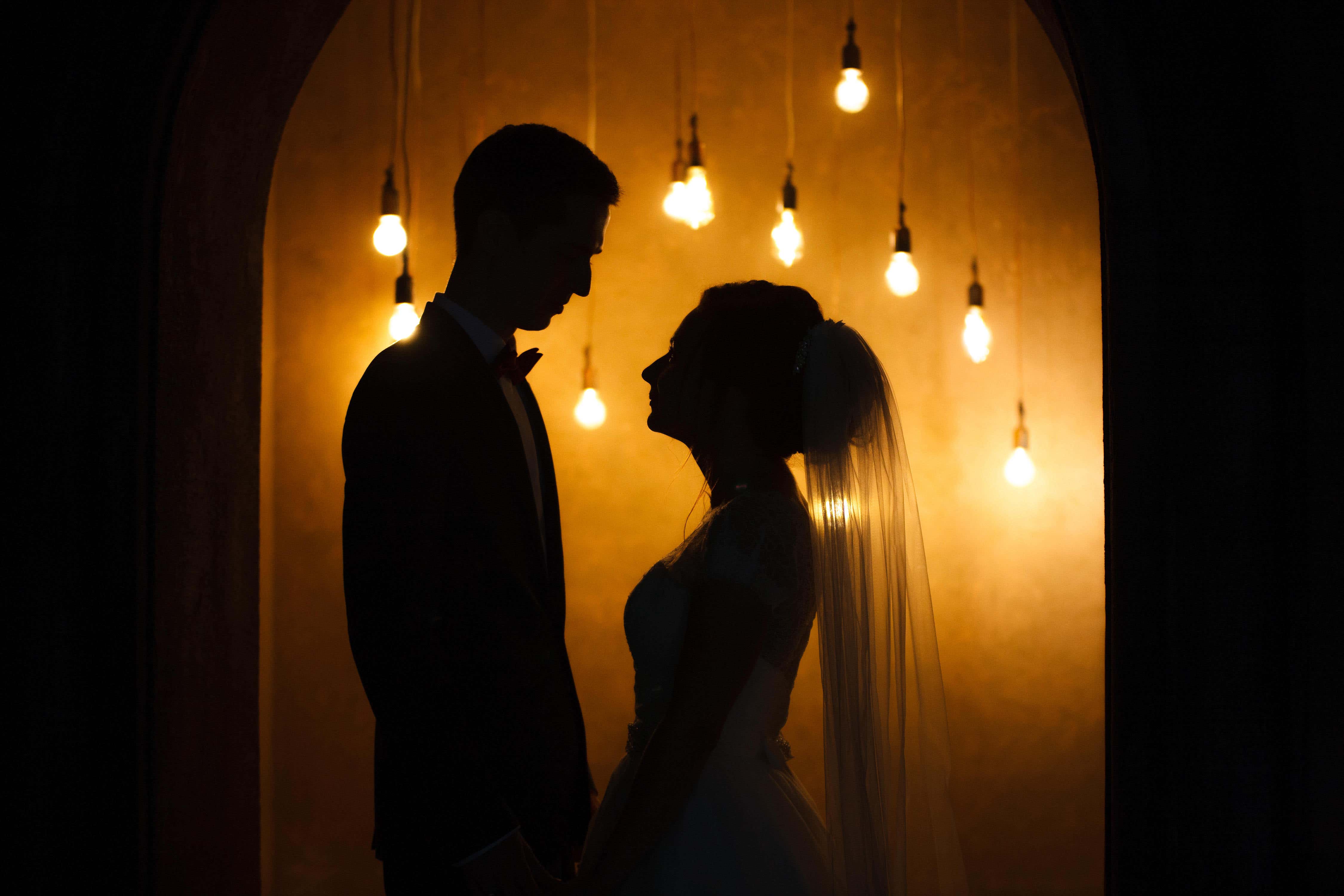Lack of legal recognition for humanist weddings ‘discriminatory’, peers hear
Peers urged the Government to move quickly to change the law so non-religious weddings have the same legal status as faith ceremonies.

The lack of legal recognition for humanist weddings in England and Wales is discriminatory for people who do not want to get married in religious settings, peers have been told.
Currently, humanist weddings also require the couple to get married at a registry office as well, so it is legally recognised.
This means extra costs on top of a wedding, which is not the case for legally recognised religious ceremonies.
A Law Commission report two years ago recommended the law be changed to give them legal backing.
There is a gross unfairness that couples wishing to have a humanist ceremony, at the moment in England and Wales, must also have a civil ceremony, which means additional cost
Lord Cashman, the former actor and Stonewall co-founder, said that the current system is a “gross unfairness”.
The crossbench peer said: “There is a gross unfairness that couples wishing to have a humanist ceremony, at the moment in England and Wales, must also have a civil ceremony, which means additional cost, additional outlay and will the Government, instead of giving excuses, move forward and commit itself to taking action?”
Justice minister Lord Ponsonby of Shulbrede said: “We want to have a look at this question in the round.
“There are many other groups, both faith groups and non-faith groups, who also feel they are not fairly treated by the current arrangements. And we want to take their views into account when we look at this question.”
Lord Dubs, tabling the oral question on behalf of Baroness Thornton, said a legal judgment in 2020 which found humanists were treated differently, showed that the Government needed to act.
Lord Ponsonby said the judgment had found the then difference was justified, because the then-Conservative government “had the legitimate aim to address differences in treatment as part of wholesale reform”.
He added that the Government wants to properly consider “these important issues and will set out our position in due course”.
A Law Commission report in 2022 recommended a “comprehensive reform” of marriage law in England and Wales.
Why are we allowing this anomaly to continue. It is straight discrimination, is it not?
It would see licences given to officiants rather than venues, which would put it in line with the law in Scotland, where humanist ceremonies are legally recognised.
“It will help to address unfairness in the treatment of different groups, who with very few exceptions are treated equally under our recommended scheme,” the report said.
Crossbench peer Baroness Murphy said: “It may be an anomaly but there are now 350 religious organisations in this country which are registered to conduct weddings.
“Since 2013 an order was laid in parliament that we could… approve weddings for humanists. Why are we allowing this anomaly to continue. It is straight discrimination, is it not?”
Lord Ponsonby said: “There are indeed anomalies in weddings law within England and Wales. They cut across many religious and non-religious groups, and we want to look at the question in the round.”
In Scotland, where the non-religious ceremonies have been legally recognised since 2005, peers were told that they are the most popular type of nuptials compared with those who marry in religious ceremonies.
Former director general of the BBC, crossbench peer Lord Birt said: “How can we any longer deny the humanist option to those who want to wed in England?”
Lord Ponsonby attributed the difference to the differing marriage laws within the UK.
“It’s that factor which will be taken into account in the review to which I’ve already referred,” he said.
Bookmark popover
Removed from bookmarks